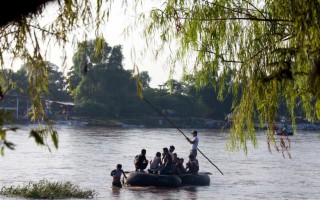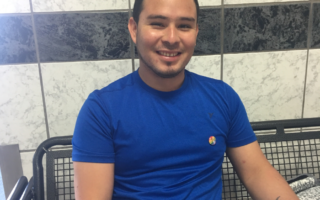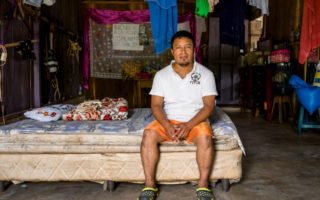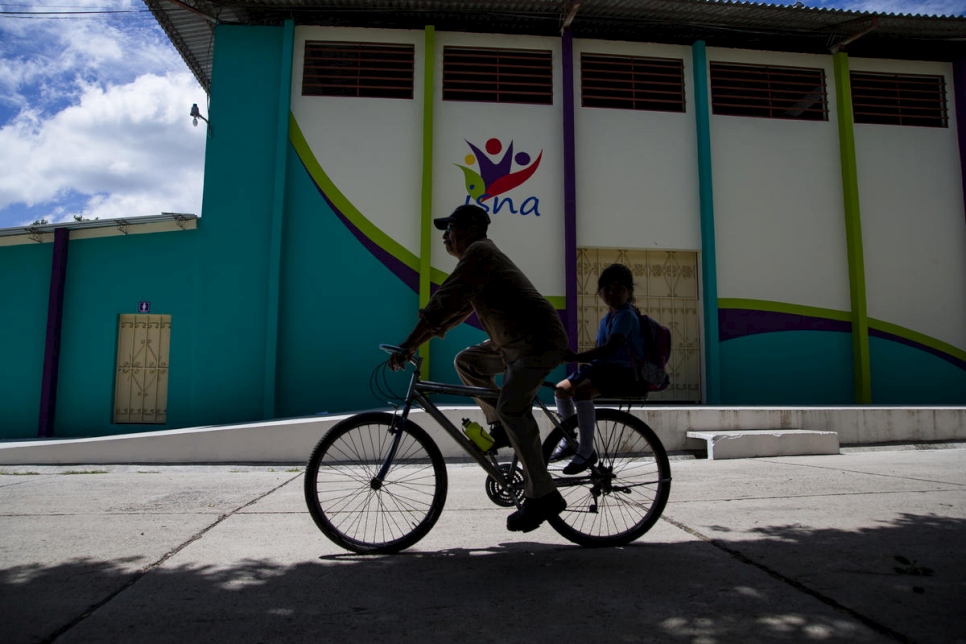
A man and girl on a bike cycle past the City of Childhood and Youth community centre in Santa Ana, El Salvador, September 2016. © UNHCR/Tito Herrera
UNHCR, the UN Refugee Agency, welcomes El Salvador’s decision to join a regional initiative that aims to better address forced displacement in and from Central America, and to help those affected by it.
By joining the initiative, known in the region by its Spanish acronym MIRPS, the new Government of El Salvador is taking an important step in assisting and protecting forcibly displaced people. Other countries involved in the MIRPS framework include Mexico, Belize, Costa Rica, Guatemala, Honduras and Panama. It brings together different national and regional stakeholders to help displaced people and host communities across a range of sectors, including security, livelihoods, health, and education, as set out in the Global Compact on Refugees.
Widespread violence in El Salvador, including by gangs that kill, rape, extort and harass, has forced thousands to flee their homes. In 2018, around 46,800 Salvadorans sought asylum worldwide, with the country ranking as the sixth country of origin for new asylum-seekers globally. In addition, according to a government study supported by UNHCR, at least 71,500 Salvadorans have been internally displaced by this violence.
“In June, the dangers faced by those who are confronted with no choice but to flee were brought home vividly and tragically in one photograph – that of Óscar Martínez and his 23-month-old daughter, Valeria, who drowned as they tried to reach safety,” said Giovanni Bassu, UNHCR Regional Representative for Central America and Cuba. “President Nayib Bukele has clearly said that he aims to make El Salvador a more secure place for all Salvadorans. His decision to join this regional framework is an excellent first step.”
The next step for El Salvador is to develop and implement a national action plan, in close consultation with people who have been forcibly displaced, national and local institutions, civil society and international organizations. The plan needs to set out concrete ways of enhancing the protection of internally displaced people, and to address the protection of those who have been returned to El Salvador.
UNHCR remains committed to supporting El Salvador in developing and implementing this national plan. We will also continue providing technical advice to the Salvadoran Legislative Assembly on developing legislation to protect internally displaced persons.
For more information, please contact:
- In San Salvador, Oscar Ramirez, ramirezo@unhcr.org, +503 2209 3585
- In Panama City, William Spindler, spindler@unhcr.org, + 507 638 278 15
- In Geneva, Liz Throssell, throssel@unhcr.org, +41 79 337 7591
Originally published by UNHCR on 26 July 2019
